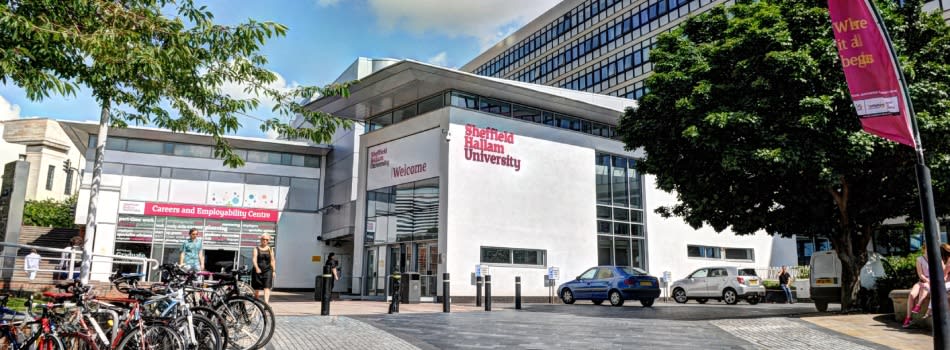In the UK, the food and drink industry is the largest single manufacturing sector, with an annual turnover of £105bn and 430K employees (Food and Drink Federation, 2020). It is also the fourth largest industrial energy user with 2, 967 ktoe (thousand tonnes of oil equivalent) consumed in 2019 (Department for Business, Energy and Industrial Strategy, 2020). In 2015, the UK government published a decarbonisation and energy efficiency roadmap for the Food and Drink sector in which it has identified four key technology groups that would have the largest influence on enabling the sector to decarbonise. Two of these key technology groups are:
· Electrification of heat to move to lower carbon electricity.
· Energy efficiency improvements to reduce heat and electricity use.
Furthermore, in a report published by the Food and Drink Federation in 2020 to set out its plans to achieve the government’s net zero target of greenhouse gas emissions by 2050, it was identified that one of the barriers to implementation of the plan is the ‘lack of knowledge or confidence in electrification of some processes’. Also in this report, it has listed many different technological options for decarbonisation for both direct fired and indirect fired heat sources in which many solutions will be provided by conversion to electric heating using resistance heating, induction, microwave and radio frequency technologies. Among many different technologies, one of the promising resistance heating technology is novel mass transfer (e.g. extraction/impregnation) and volumetric heating (e.g. softening, coagulation, cooking or heat processing) operations based moderate electric field (MEF) application to foods. MEF is one of the ‘greenest’ ways electrical energy can be used in food processing. This arises from direct, simple energy application, volumetric heating, tremendously reduced heating times and minimising energy loss opportunities, and providing an outstanding alternative to conventional heating.
This proposed PhD project is a continuation of an existing project ‘Improving sustainability in Food Processing using MEF for Process Intensification and smart processing (MEFPROC)’ from the National Centre of Excellence of Food Engineering (NCEFE) at SHU, in which we will develop further our model-based approach on MEF/Ohmic Heating food processing with a focus on process optimisation, targeting maximum energy efficiency and minimal deterioration of product quality.
MEF is a low cost and energy efficient heating solution to produce safe and higher quality food products. A key advantage of using MEF is the capability to achieve a far more precise temperature control of the heating system than has been achieved with other heating systems. However, challenges exist in developing and applying advanced process control techniques to achieve more effective control. Innovative ideas are required to understand how adaptive and intelligent controllers should be designed to cope with a range of, and the different requirements of raw materials and products, different heating geometries and at different stages of the process.
Eligibility
Information on entry requirements can be found at GTA Program Page
How to apply
We strongly recommend you contact the lead academic, Muhammad Akmal ([Email Address Removed]) for informal questions about the application.
Please visit our GTA program page for more information on the Graduate teaching assistant program and how to apply.
Start date for studentship: October 2021
Interviews are scheduled for: Mid July 2021
For information on how to apply please visit GTA program page
Your application should be emailed to [Email Address Removed] by the closing date of 30th June.

 Continue with Facebook
Continue with Facebook




